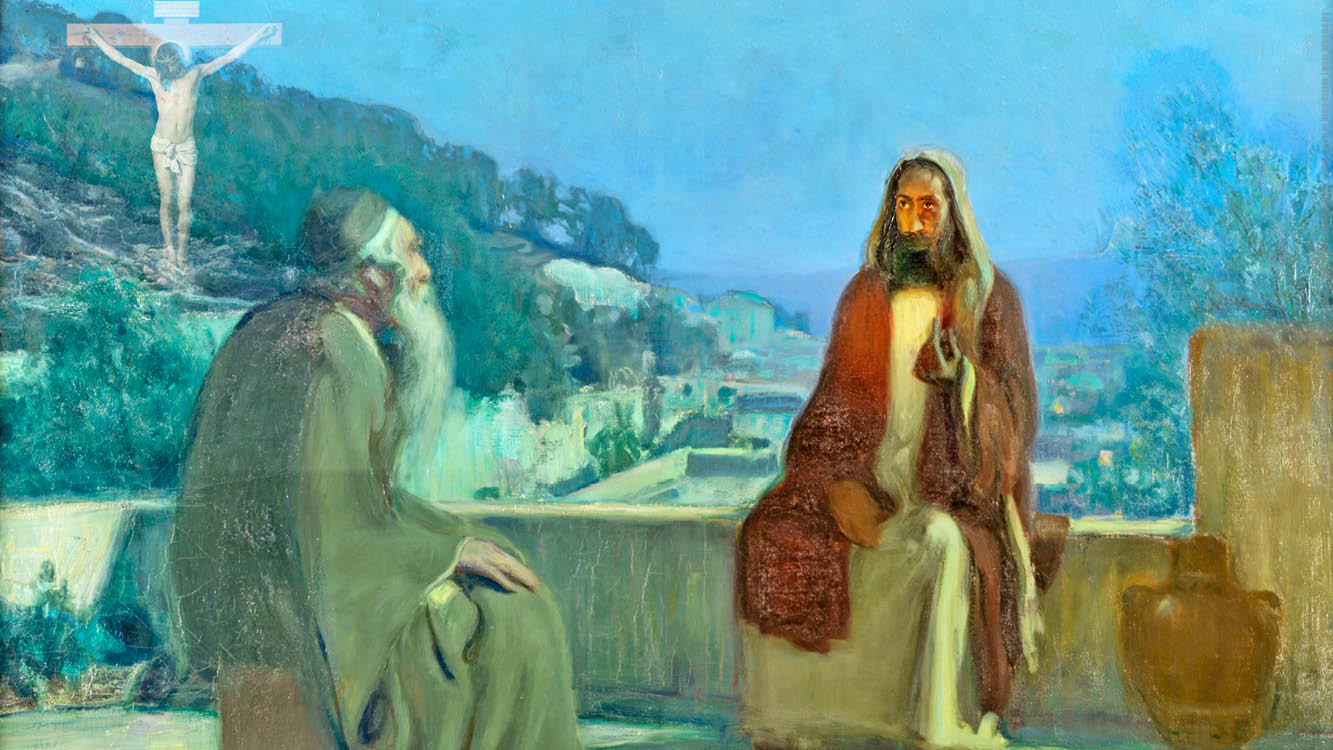Reflection on the Gospel of the Monday In The Twenty-Second Week In Ordinary Time |
Luke 4:16-30 |
When Jesus reads from the Book of Isaiah, he reads about Isaiah’s prophecy of the coming of the Messiah, i.e. Jesus himself. Though the people of Nazareth had heard about all the signs and wonders that Jesus had done in other places, they were astonished at the words of salvation he spoke and could not accept the fact that the one who was raised among them, known as Joseph, the carpenter’s son could be the messenger of the Gospel/Good News. In other words the Messiah. Jesus in mentioning the relationship between faith and sign/miracles and charges the Nazarites as lacking faith in Him as the Messiah, because they looked at only what they could see and understand because he was the son of Joseph the Carpenter and therefore he could not be the Messiah – the fulfilment of God’s promises.
A prophet is not accepted in his own town highlights the theme of God’s boundless compassion as God continues to send prophets and messengers to a rebellious people. God’s mercy is unconditional and Israel and Judah is known for rejecting the prophets and their teachings.
Many a times we too wonder why only some people experience healing, miracles and why do others fail to experience them. Jesus addresses this with the example of Elijah who was sent to a widow in Syria, to be her saviour, not to someone in Israel and only Naaman a foreigner experienced healing, because of his obedience to Elisha’s words while Israel rejected Elisha as a Man of God. Jesus is stressing that only when you trust, believe and have faith, then alone can you experiencing God’s miraculous presence in your life.
God’s offer of Salvation through Jesus Christ is not restricted to unbelieving Nazareth, and Jesus continues his journey as per God’s plan to other places
A person is always understood and looked at by the image people form of him when he was young. And this image is carried forward in his adulthood. It becomes very difficult to accept this person as anything else than what he was as a child, especially if his adult self is completely opposite or contrasting of his young self
Let us open our heart, and seek to look at people the way God sees them, acknowledging their talents, try not to belittle them and at the same time understand their purpose is God’s Plan for everyone’s salvation. In short, let us learn to love everyone in the grace of Holy Spirit, to love them unconditionally.




